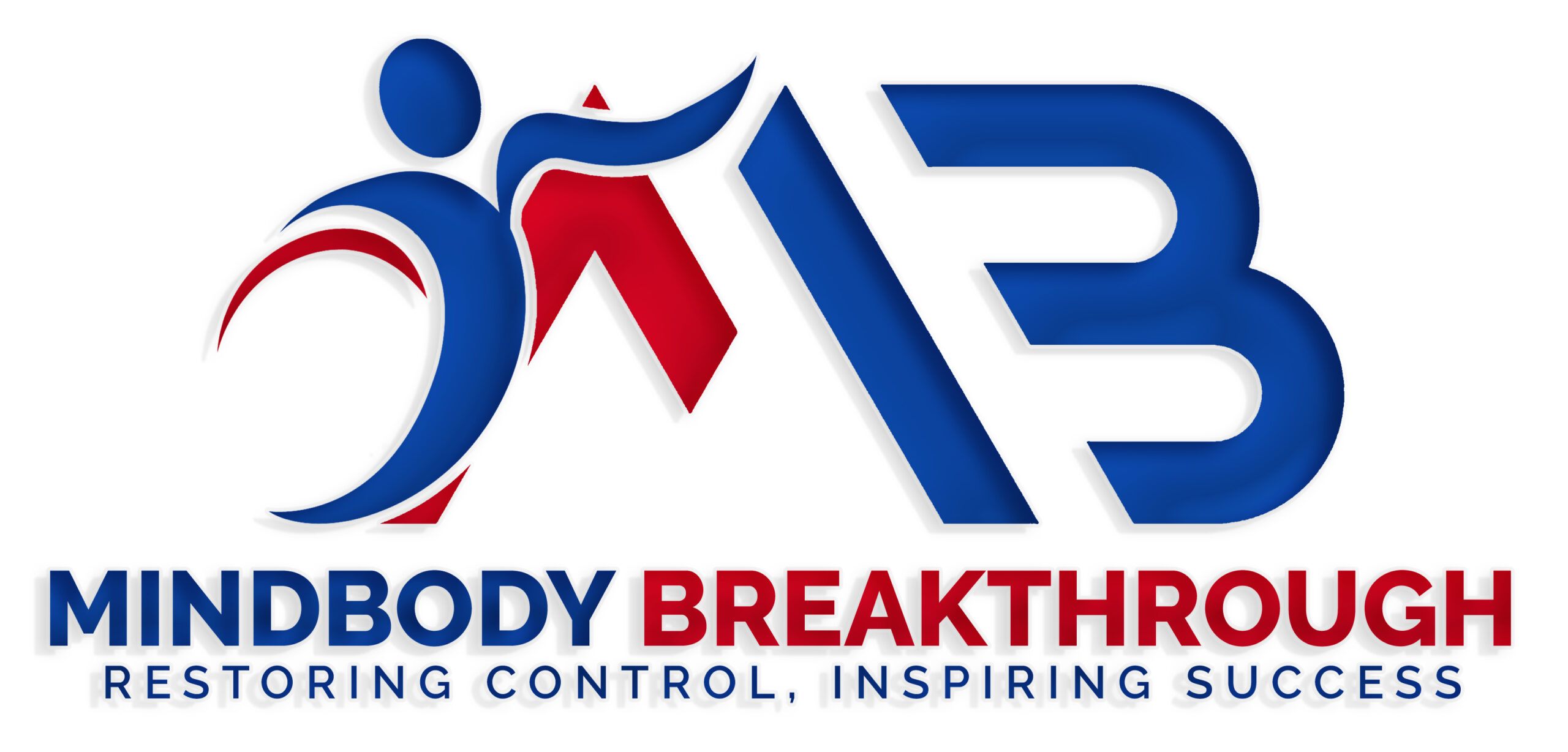Overcoming Social Anxiety: The Causes and the Treatments
 We all experience a measure of anxiety in some social or performance-driven situations. It’s a duty of the nervous system to be a bit nervous and self-protect in a situation where it thinks it could be vulnerable to public criticism or embarrassment.
We all experience a measure of anxiety in some social or performance-driven situations. It’s a duty of the nervous system to be a bit nervous and self-protect in a situation where it thinks it could be vulnerable to public criticism or embarrassment.
However, if your fear is a lot stronger than the so called “normal anxiety” that most people experience in social situations, then there may be more to it than you think.
Here are some questions that can help you scrutinise your actions and behaviour as to whether you have social anxiety:
Behavioural Signs of Social Anxiety:
- Is your fear so overpowering that it often forces you to avoid the some social situations altogether?
- Do you abnormally dread thoughts of being humiliated or embarrassed by the cruel judgement or scrutiny of others in public?
- Do you excessively worry about doing something stupid, silly or crazy that can attract public disgrace?
- Do you consider your social fear to be excessive or out of proportion?
- Are you often inundated by the fearful thoughts about something really bad happening to you when in public or when using public facilities?
All of the above questions can help you ascertain whether or not you have social anxiety.
Social anxiety (also known as social phobia) is one of the most common anxiety disorders. It is driven mainly by fear of embarrassment and humiliation.
Common Social Phobias:
- Fear of crowds
- Fear of taking examinations
- Fear of being watched at work
- Fear of blushing in public
- Fear of choking while eating in public
- Fear of using public toilets
- Fear of public speaking.
By the way, fear of public speaking is the most common social phobia. It affects many people whose job or responsibility requires them to speak and make presentations. It can also affect others in different situations such as: students who are told to speak before their class, when speaking to authority figures, in dating , attending social parties or when eating in public etc.
Common Symptoms
- Heart palpitations
- Blushing
- Trembling
- Sweating
- Nausea
- Panic attacks
Causes of Social Anxiety
The causes of anxiety can be genetic and environmental.
Genetic:
Studies have shown that social anxiety can be genetic. If one identical twin has social anxiety is 50% more likely to develop social anxiety. Whether or not this has to do with the environmental influence of the twin that first developed social anxiety over the other remains unclear.
Environmental:
This is all about how our environment has affected us emotionally; how we interact with life and how life has dealt with us in the past. Most social anxiety develops as a result of life crisis and challenges that we go through, even right from the womb. In fact, the subconscious mind records and keeps fresh any ordeal or unfair treatment that has ever happened to us.
The repressed negative emotions generated as a result of the unpleasant circumstances that we go through in life eventually accumulate to produce anxiety disorder.
Treatments
- Relaxation exercise. Relaxation is nature’s tranquilliser. It calms the mind and body, and activates parasympathetic nervous system which enables us to de-stress and build up inner tranquility. Other treatments that adopt relaxation such as hypnotherapy, mindfulness and others can be very effective.
- Cognitive therapy. Fearful thoughts that breed social anxiety can be challenged with cognitive therapy and replaced with empowering thoughts. Cognitive therapy can also deal with mental distortions, poor self-concept and our tendency to overanalyse or overgeneralise the likelihood of our negative thinking.
- Medications. SSRI mcdications can help to bring your reactions to your fears under control. SSRI such as Zoloft or Klonopin can be used along side therapy such cognitive therapy or hypnotherapy. Likewise, MAO-inhibitor medications such as Partite or Nardil have also proven effective in helping with social anxiety.
- MindBody Breakthrough treatment. This is a psychotherapeutic treatment that seeks to transform the root-cause of social anxiety. It deals with the source instead of just the symptoms and that is why it’s been very effective in transforming the lives of many people with social anxiety disorder. You can check out MindBody Breakthrough online courses here.
Hope this has been helpful. If you suffer from social anxiety and would love to know more about the MindBody Breakthrough approach for transforming social anxiety, you can download my free ebook entitled, The Essential Guide to Anxiety Panic Disorders here.
Best regards,
wale







Add comment